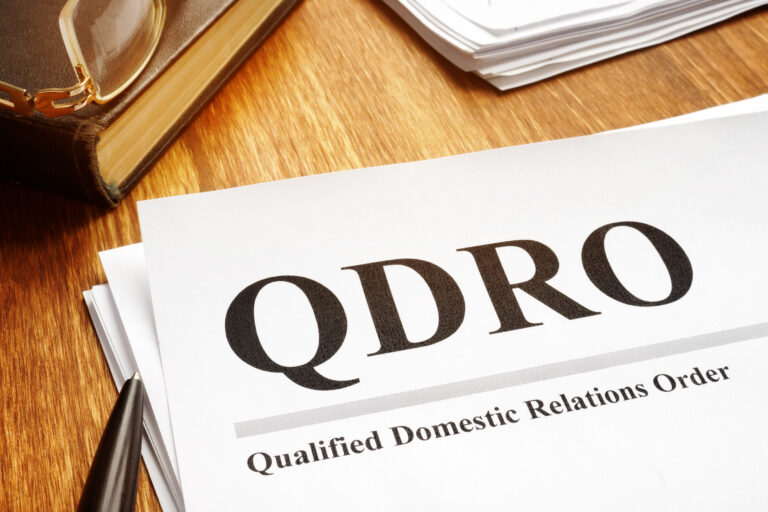
Divorce laws can be complicated, especially in the Golden State. While this process is confusing and stressful for many people, knowing the basic rules can make it easier for all parties. Let’s examine the top 10 things to know about California divorce laws.
#1 – You Can Get a No-Fault Divorce
In California, couples can file for divorce based on irreconcilable differences. With this approach, you don’t need to prove fault to dissolve a marriage. Even if one partner doesn’t want a divorce, the other can file to start the process.
#2 – There Are Residency Requirements
Before filing for divorce in California, keep in mind that there are residency requirements. You or your spouse must have lived in the state for at least six months.
Additionally, there is a county requirement stating that you or the other partner resided in the current county for three months. These requirements must be met before you can start the divorce proceedings in California.
#3 – You Must Pay Divorce Legal Fees
Like any legal process, there are legal fees associated with the filing. In the state of California, the filing fee ranges from $435 to $450. However, if you are unable to afford this fee, there is a fee waiver.
#4 – The Other Spouse Will Have to be Served
Once you have filed for divorce, you will need to officially serve the divorce papers to your spouse. This step is an important part of the process. It makes sure that your spouse is legally notified about the divorce proceedings. Proper service involves delivering the divorce papers in person or through an authorized third party, such as a process server.
#5 – All Parties Will Need to Provide Financial Disclosures
During this process, you will have to share a review of marital property, including real estate, investments, and other assets. You must also list the allocation of debts. All of this information will help determine spousal and/or child support.
#6 – Decisions Can Be Made With or Without Court Intervention
When reaching arrangements with your spouse, you will need to agree on property division, spousal support, and child custody. Working together with your spouse can lead to mutually beneficial results for everyone. However, if there are any challenges, the court will intervene to decide on these matters.
#7 – There Is a Waiting Period
This waiting period is six months. During this span, both parties can take time to reconsider their decision. In some cases, it provides an opportunity for potential reconciliation. Some partners may undergo counseling or mediation to resolve any differences. The waiting period works like a cooling-off period.
#8 – Spousal Support Is Available
Spousal support is granted in the state. The court will look at each spouse’s income, including any potential earning capacity. The duration of the marriage is also taken into account. Many times, longer unions result in longer periods of support. Additionally, the court considers the standard of living established throughout the marriage.
#9 – Child Custody Needs to be Resolved
If you have children, you and your spouse will need to decide where they will live. The courts often prefer that the child have a relationship with both parents. Legal or physical custody can be granted to one or both parents. However, if there are issues with domestic violence or other concerns, it can affect the custody arrangements.
#10 – Child Support Relies on Several Factors
In most cases, the parent who makes the larger income will be responsible for the child’s support. Once again, the courts will follow specific guidelines and look at both parents’ disposable income to resolve these matters.
Learn More About California Divorce Laws
You will want to keep all these considerations in mind when it comes to your divorce. If you have any other questions about these California divorce laws, make sure to reach out to a qualified family law attorney.
At Roberts & Zatlin Law Office, let us assist in your divorce case. To schedule a consultation today and receive a free initial assessment of your case, please call (951) 381-8147 today.






